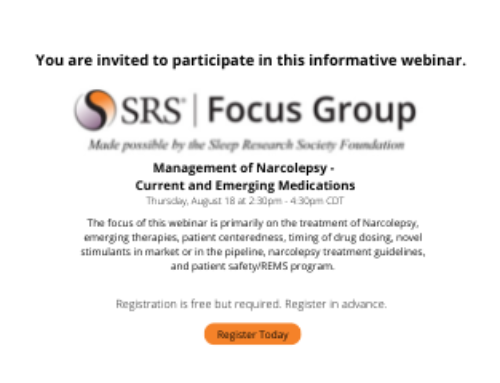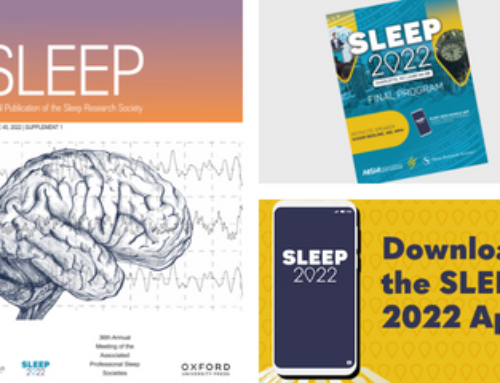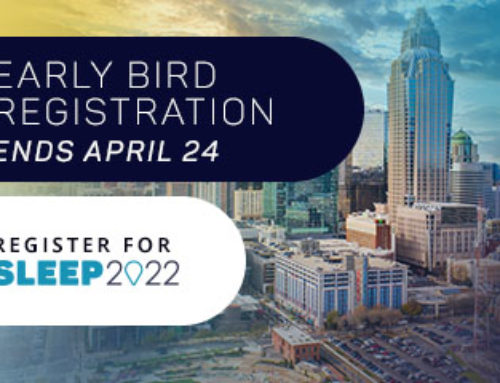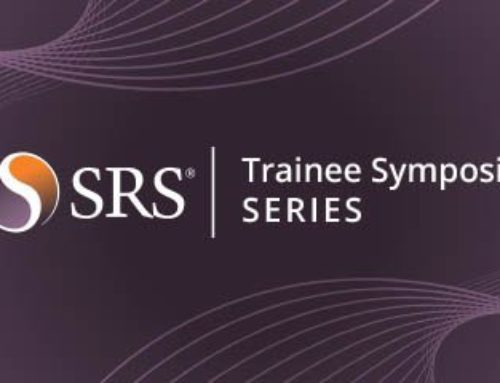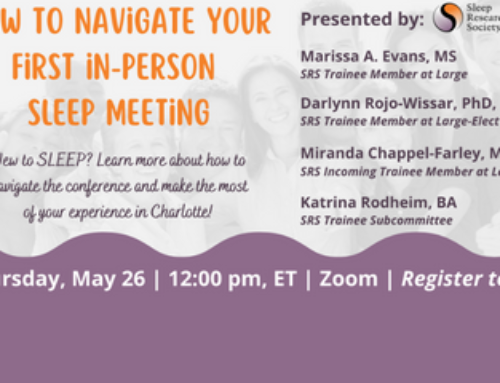Date and Location
January 22-23, 2021
This event is online.
Overview
California law SB328 mandating middle and high school start times of 8:00am and 8:30am respectively or later for all public schools was passed into law in October 2019. This landmark decision will not only impact the lives of students, families and a variety of stakeholders in California, but will provide a benchmark for similar legislation across the US. The three-year implementation period also offers an unprecedented opportunity for sleep and circadian researchers from a wide variety of disciplines from both California and across the nation to assess the impact of start time change across a broad range of outcomes. Given this unique and timely challenge, it is imperative to open a dialogue among researchers to consider what are the most significant, worthy, and innovative research needs and unanswered questions. In other words, what do we already know about school start times with regard to sleep development, health, performance, risk behaviors, etc., and how can we best expand the science from those starting points? How do we encourage new and novel research and interdisciplinary approaches while simultaneously lending support to the complexities of implementing CA’s school start time legislation?
Workshop Structure
This event is online. The individual pre-recorded video presentations available two weeks before the Summit will include a summary of “what we know” by experts in their respective fields. The videos can be viewed individually so that you can see them on your own schedule prior to the Summit. The “live” virtual meeting will be devoted to small group breakout discussion sessions on a variety of topics, including research design and tools, methodological issues, logistical challenges in conducting school-based research and novel approaches, followed by an oral summary of these discussions at the end of the second day for all workshop participants.
Target Participants
This workshop will give participants from a wide range of academic backgrounds; including sleep and circadian biology, neuroscience, education, medicine, mental health, safety, public policy, economics, implementation science, and diversity science, the opportunity to learn, discuss and make recommendations regarding future research across these areas, as well as to explore collaborations.


